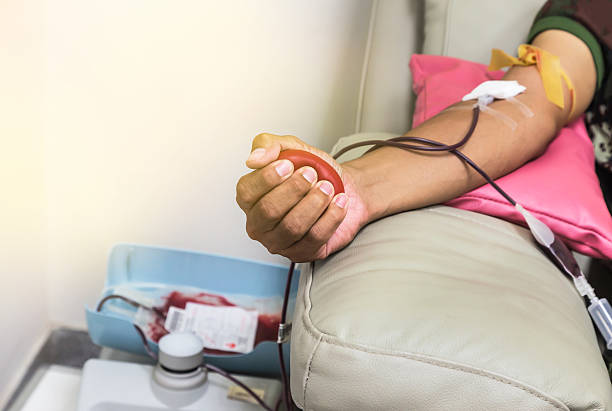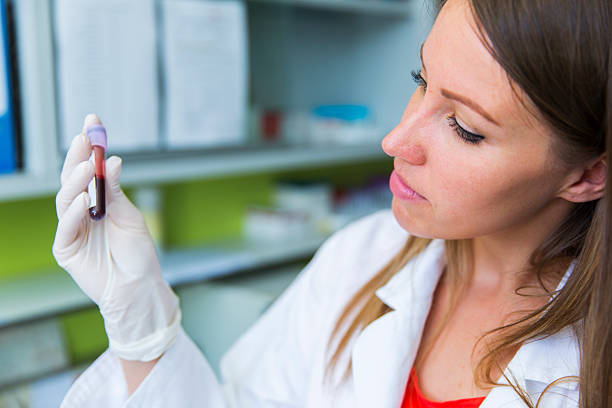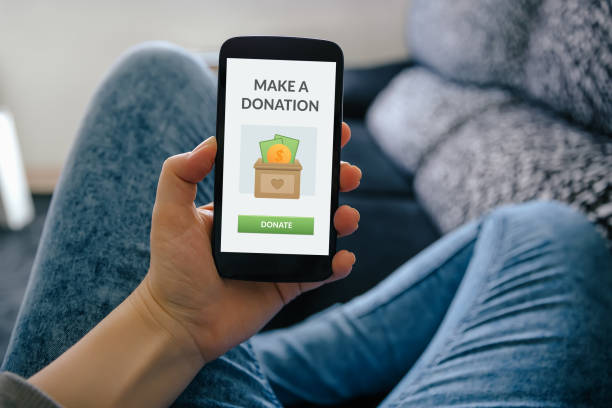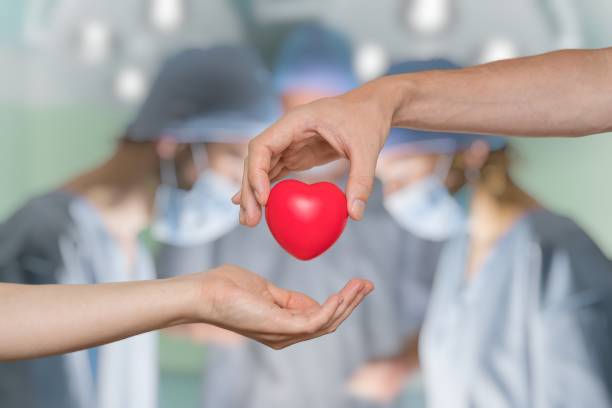Donate My Eggs: A Comprehensive Guide
Introduction to Egg Donation
Egg donation is a selfless and generous act that allows women to help others achieve their dreams of becoming parents. The process involves a woman, known as the donor, providing her eggs to another individual or couple, referred to as the recipient, who is unable to conceive naturally. This guide aims to provide a comprehensive overview of the egg donation process, including its benefits, potential risks, and what to expect throughout the journey.
Understanding Egg Donation
Egg donation is a form of assisted reproductive technology (ART) where a woman donates her eggs to help another person or couple conceive. The donated eggs are fertilized with sperm in a laboratory, and the resulting embryos are transferred to the recipient's uterus. Egg donation is often sought by women with infertility issues, same-sex male couples, and single men who wish to have biological children.
Why Donate Your Eggs?
Women choose to donate their eggs for various reasons. For many, the motivation is the desire to help others experience the joy of parenthood. Knowing that their donation can make a profound impact on someone's life can be incredibly fulfilling. Additionally, some donors are motivated by the financial compensation offered, which can help them achieve personal goals or support their families.
Who Can Donate Eggs?
Not all women are eligible to donate their eggs. Egg donors typically need to meet specific criteria to ensure the highest chance of a successful outcome. Generally, donors should be between 21 and 35 years old, in good health, and have a healthy BMI. They should also have regular menstrual cycles and no significant history of genetic disorders or hereditary diseases. Prospective donors undergo a thorough medical and psychological screening process to assess their suitability.
The Screening Process
Before becoming an egg donor, candidates must go through a rigorous screening process. This includes:
- Medical History: A detailed review of the donor's medical history and any potential genetic conditions.
- Physical Examination: A comprehensive physical examination, including blood tests and an ultrasound of the ovaries.
- Psychological Evaluation: An assessment to ensure the donor understands the emotional and psychological aspects of egg donation.
- Genetic Testing: Tests to check for any genetic disorders that could be passed on to the recipient.
This screening process is essential to ensure the safety and health of both the donor and the recipient.
The Egg Donation Process
Once approved as a donor, the egg donation process begins. The steps involved are as follows:
Stimulation Phase
The donor will undergo ovarian stimulation to produce multiple eggs. This involves taking hormonal medications for about 10 to 14 days. These medications stimulate the ovaries to mature multiple eggs instead of the single egg produced during a normal menstrual cycle. During this phase, the donor will have regular medical appointments to monitor her response to the medication through blood tests and ultrasounds.
Egg Retrieval
Once the eggs are mature, the donor undergoes an egg retrieval procedure. This is a minimally invasive procedure performed under sedation or anesthesia. Using a thin needle guided by ultrasound, the eggs are retrieved from the ovaries. The procedure typically takes about 20 to 30 minutes, and the donor can usually go home the same day.
Post-Retrieval Recovery
After the egg retrieval, the donor may experience mild discomfort, cramping, or bloating. These symptoms usually subside within a few days. It is important for the donor to rest and avoid strenuous activities during the recovery period. Follow-up appointments will be scheduled to ensure the donor's health and well-being.
Potential Risks and Side Effects
While egg donation is generally safe, it is not without risks. Potential side effects of the hormonal medications include mood swings, headaches, and bloating. In rare cases, ovarian hyperstimulation syndrome (OHSS) can occur, causing the ovaries to become swollen and painful. The egg retrieval procedure also carries risks, such as infection or bleeding, though these are uncommon. It is crucial for donors to be aware of these risks and discuss any concerns with their healthcare provider.
Legal and Ethical Considerations
Egg donation involves complex legal and ethical considerations. Donors must provide informed consent, understanding the potential risks and implications of the donation. Legal agreements are put in place to outline the rights and responsibilities of both the donor and the recipient. These agreements address issues such as anonymity, parental rights, and future contact. It is important for donors to seek legal advice to fully understand their rights and obligations.
The Emotional Impact of Egg Donation
Egg donation can be an emotionally rewarding experience, but it also comes with emotional challenges. Donors may feel a deep sense of fulfillment knowing they have helped someone achieve their dream of parenthood. However, they may also experience mixed emotions about their genetic contribution and the potential future of the donated eggs. Psychological support and counseling are available to help donors navigate these emotions and ensure their well-being.
The Impact of Egg Donation on the Donor's Health
Long-term studies on the impact of egg donation on a donor's health are limited, but current evidence suggests that the procedure does not affect a donor's future fertility or overall health. However, donors are encouraged to maintain regular medical check-ups and report any health changes to their healthcare provider. Ongoing research continues to monitor the long-term effects to provide more comprehensive data.
Financial Compensation for Egg Donors
Egg donors are typically compensated for their time, effort, and the physical and emotional demands of the donation process. Compensation amounts vary depending on the location, clinic, and individual circumstances. It is important for donors to discuss compensation details with the fertility clinic and understand the financial aspects of their donation.
Conclusion
Donating eggs is a profound and generous act that can make a significant difference in the lives of those struggling with infertility. It is a process that requires careful consideration, thorough medical and psychological screening, and a deep understanding of the potential risks and benefits. For those who choose to embark on this journey, the experience can be incredibly rewarding, both emotionally and financially.
If you are considering becoming an egg donor, it is essential to seek detailed information, speak with healthcare professionals, and connect with others who have undergone the process. Understanding every aspect of egg donation will help you make an informed and confident decision.
Egg donation is more than a medical procedure; it is a gift of hope and possibility for many individuals and couples yearning to start a family. Your contribution can create a lasting impact and bring immeasurable joy to those you help.




